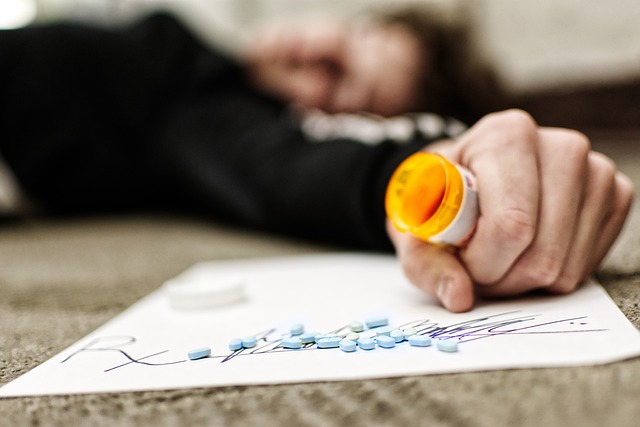Baltimore’s Opioid Problems Could Soon Become Maryland’s Worst Nightmare
Aesop’s Fable “The Dog and Its Reflection,” concerns a dog to which the butcher had thrown a bone. While hurrying home with his prize he crossed a narrow footbridge. Looking down he saw his reflection in the water. But the dog did not realize it was his reflection. He thought it was another dog carrying a bigger bone.
Dropping his bone, the dog dove at the reflection in an attempt to acquire the bigger bone. Instead, he nearly drowned. After making his way to the river bank the dog realized how foolish and greedy he had been. Not only did he not get a bigger bone, but he lost the bone he was given.
The moral of the story is that it is very foolish to be greedy; a sentiment the city fathers of Baltimore should take to heart as we work to combat the ravages of the opioid crisis.
According to the Centers for Disease Control opioid abuse was involved in 80,411 or 75.4 percent of totaloverdose deaths in 2021. Stemming this tsunami of devastation requires intervention, which comes in many different forms, and will require a collaborative effort across many jurisdictions.
Money has been made available for repair as several companies engaged in the production, distribution, and dispensing of opioids reach settlements for their alleged roles in driving the crisis. Notable among them is the $26 billion settlement reached by a manufacturer and several distributors of opioids with nearly every state and locality in the country that has put immediate funds to work to remediate the opioid crisis in their communities.
Baltimore is one of the few remaining jurisdictions across the country that has yet to settle this case. Instead, the city is going out on its own to litigate its claims with the companies and a trial is set to begin in September 2024.
It is a gamble with the potential to land a bigger payout. But like all gambles, it has its risks. The state of Oklahoma took its case to trial, rolled the dice for more money, and lost at the state Supreme Court. Baltimore now appears to be following that same failed playbook.
Foregoing the settlement has
The city has provided opioid settlement funds to the Kensington Planning Process and the New Kensington Community Development Council. These organizations are dedicated to reviving a blighted, drug-infested section of Philadelphia with a population of about 78,000 of the city’s poorest and neediest people. They will use $7.5 million from the opioid settlement to improve the lives of the residents. For example, $2 million is going to home repairs, and $1.5 million is earmarked for eviction and foreclosure relief.
All of which makes it even more puzzling that Baltimore is balking. After all, this is the same city whose former state’s attorney, Marilyn Mosby, was convicted of two counts of perjury by a federal jury. Do the residents of Baltimore really want to bet their desires for relief on such a political infrastructure as exists in Baltimore?
In this case, it appears that the needs of the public are taking a back seat to the desires of the elite. When public officials gamble with the future of their communities, they are not doing their constituents any favors.

Michael P. Tremoglie is a retired newspaper columnist. He was an investigative reporter for the Philadelphia Bulletin and a regular contributor to the Philadelphia Inquirer, Philadelphia Daily News, Pittsburgh Tribune-Review, and the Washington Times. He also served as a Philadelphia police officer.

